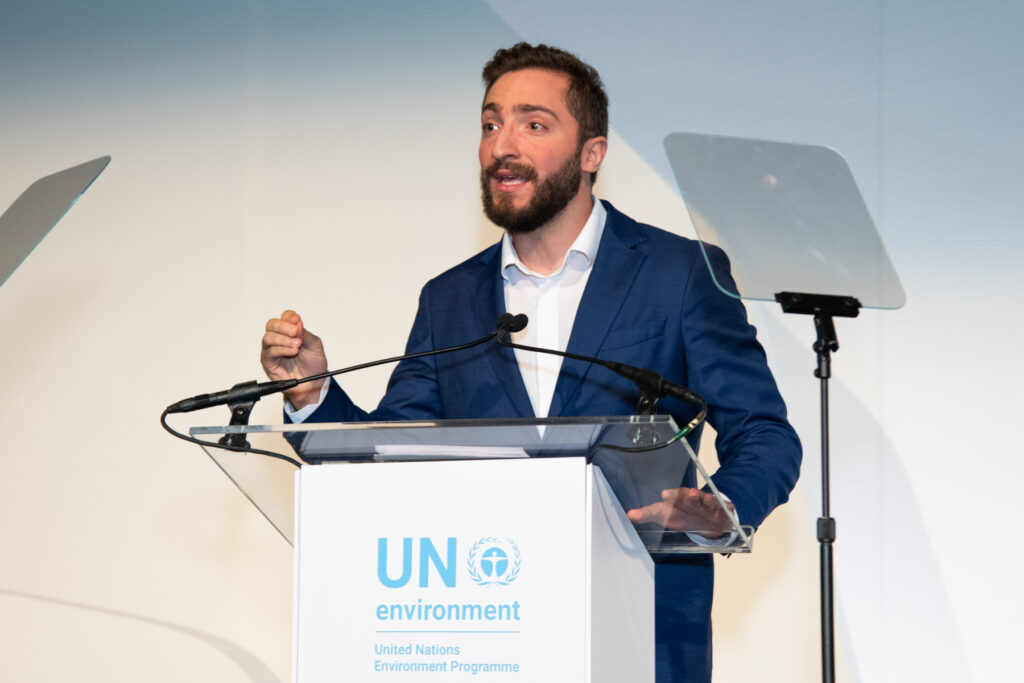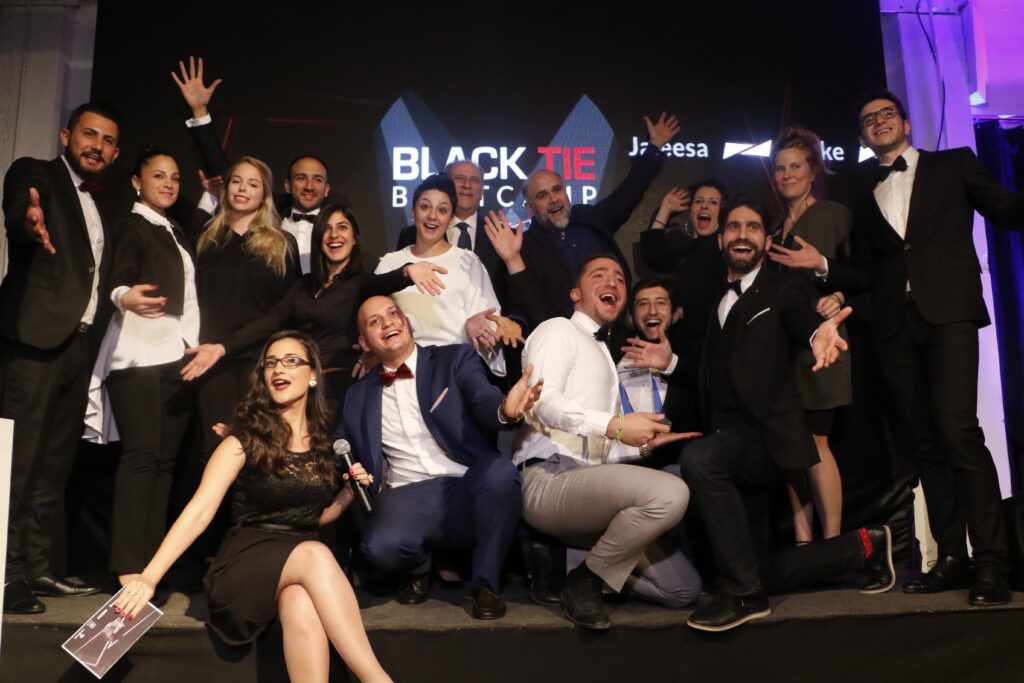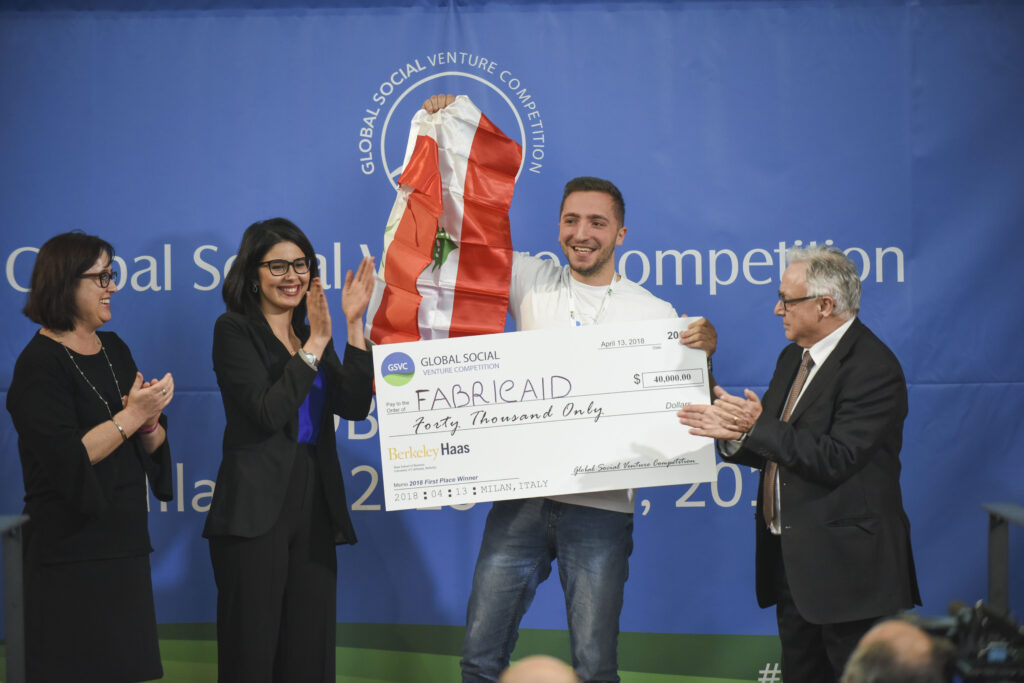
Our Story
FabricAID was created when co-founder Omar Itani accidentally discovered that the clothing his family had been donating to their apartment building’s concierge was, in fact, going to waste because it didn’t fit his family’s needs. As he looked for answers, he realized that there was no proper system for collecting and redistributing used clothes in Lebanon, so in December 2016 he started a social media experiment, collecting clothes from friends, sorting through them, and giving disadvantaged families exactly the items they needed and chose. The response was overwhelming and before long, from his house filled with bags of clothing, FabricAID was launched.
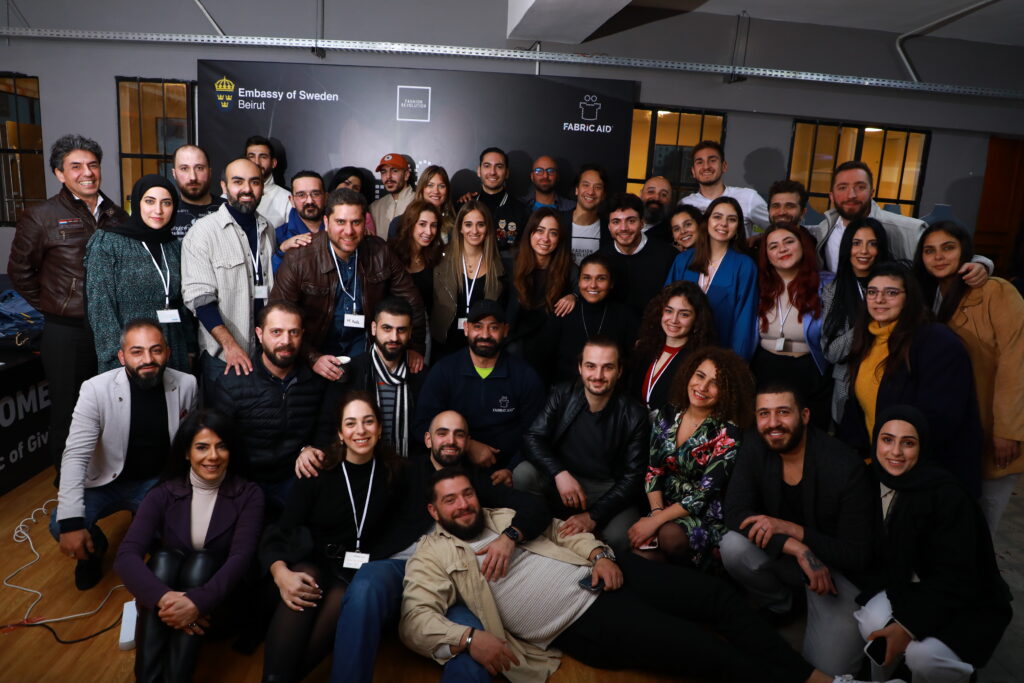
The Background
The MENA region lacks sustainable organizations specialized in second-hand clothing collection and re-distribution. Instead, NGOs and some scattered civil campaigns collect meager amounts of donated clothing. Those NGOs face tremendous challenges in upscaling their operations since second-hand clothing collection, sorting, cleaning, and distribution systems are expensive, require intensive labor power, and are relatively complicated to operate. The absence of specialized enterprises and lack of NGO resources results in limited collection capacity and ineffective distribution.
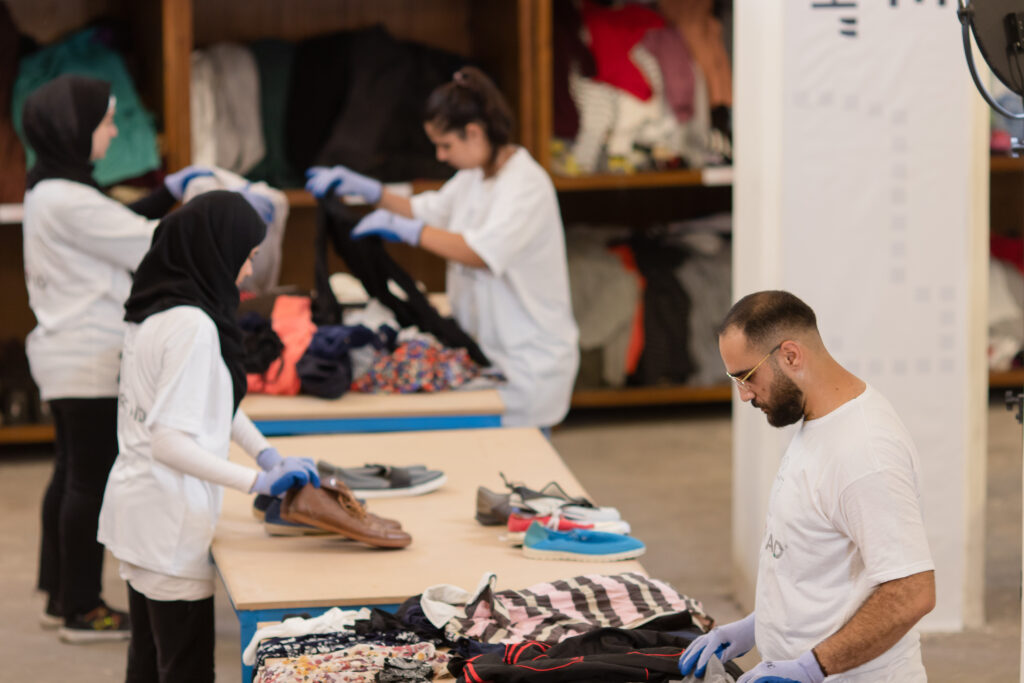
Additionally, several MENA countries, such as Lebanon, Jordan and Egypt, import high amounts of first hand clothing. This suggests that first hand imported clothes can be re-circulated within these countries through a circular value chain, making each market self-sustainable in their demand for second hand clothing. A strong local/regional collection could potentially be complemented by import of second hand clothing when needed, but it ensures the reduction of international dumping of low quality second-hand clothes in the MENA region.
The Future
FabricAID is recognized as one of the world’s fastest-growing social enterprises. Establishing since the inauguration of its operations in Jan 2018 several brands across Lebanon, Jordan and now opening in Egypt. Having raised over 2,1 million US dollars, created 100+ job opportunities and grown revenues five times in 2021, FabricAID has collected 700,000 items and sold over 400,000 items.
All of what has been achieved is barely the first step for FabricAID which aims to be involved in every aspect of the fashion industry’s value chain from agriculture of cotton passing by manufacturing of textile, to production of clothes and ending the chain in reuse, upcycling and recycling. The aim of this ambition is to make the industry more sustainable, equitable, fair, accessible and ever more rooted in the region.
To do so, our focus is on three different methods of expansion: blitzscaling where we increase the volume of our existing brands locally, vertical expansion where we create new streams addressing the value chain of the apparel industry, and geographic expansion where we move into different markets.
Our Mission
Establish a socially and environmentally conscious value-chain for the apparel industry.
Our Vision
A future where everyone can afford decent clothing and the fashion industry does no harm for the environment and society
Our Values
Integrity
Consistently open, honest, ethical, and genuine.
Purpose
Every decision is aligned with the Grand Vision.
Transparency
Radical.
Collaboration
Leverage collective genius.
Courage
Take risks, make mistakes.
Perseverance
Stumbling from one set-back to another with no loss of enthusiasm.
Awards & Recognitions
